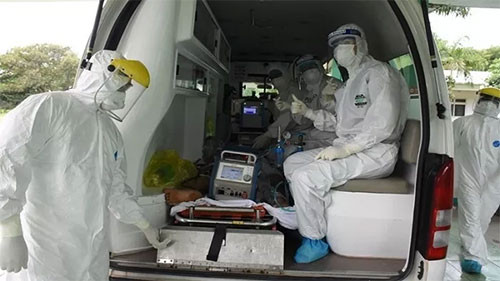 |
| Workers have their body temperature measured before entering the construction site in Da Nang City. |
The central coastal city has gone through 46 days of coping with the pandemic since the first community infection was confirmed in the locality. Under the close direction and timely support of the Government and the Ministry of Health, as well as with the efforts made by local authorities, the disease has been gradually brought under control.
From 0:00 on September 11, Da Nang has entered a new normal with measures to fight the pandemic being applied across the city. The local pace of life is gradually returning to normal after a long period of strictly following the Prime Minister’s Directives 16 and 19 on COVID-19 prevention and control, and a series of guiding documents from the local authorities. As recorded by reporters, many Da Nang residents have gone to the sea after learning that local beaches have been reopened. People may jog, go swimming and play sports, but may not gather in large crowds. Compulsory measures are being seriously implemented to ensure safety as the pandemic is still proceeding in a complicated manner. “Daily life and activities have gradually returned to normal after a long period of lockdown and social distancing due to COVID-19. I hope that the city will have many optimal solutions to effectively control the disease, and that people across the city will comply with epidemic fight regulations in the new normal,” said Nguyen Thanh Thuy, a resident in Da Nang’s Hai Chau District.
To ensure the safety of people, sea rescue forces under the Son Tra Peninsula Management Board and at tourist beaches have resumed their operations. Tran Huu Dong, a lifeguard at Sao Bien Beach, said: “Today, September 11, is the first day the beach has been open since July 28. Seeing people come to the beach, lifeguards like us feel very happy. Most are local residents in Da Nang, with only a few tourists. We always remind people to keep a safe distance and restrict contact with each other.”
Da Nang continues to apply the division of people’s shopping frequency according to the shopping card (once every three days). Checkpoints controlling entry/exit, measuring body temperature and providing antibacterial hand wash at markets have been maintained. Notably, in the market areas which previously reported COVID-19 cases or were visited by people infected with SARS-CoV-2, the inspection and control work has been strictly carried out. Authorities require visitors to the markets to use the correct date on the shopping card and fill in personal information, including place of residence and phone numbers. These disease prevention and control measures at markets and supermarkets will ensure that COVID-19 traceability can be implemented more conveniently if new suspected cases are detected in the community.
Restaurants, shops and catering establishments have all complied with distancing regulations. Many restaurants implement environmental hygiene and place tables and chairs far apart, creating an open space for customers, while some cafes request customers to wash their hands and allow a maximum of five people at each table. Food and beverage handlers, restaurant owners, shop owners, and waiters at catering establishments wear masks and gloves during the period of processing and directly contacting with food, as well as cleaning and disinfecting table and chair surfaces immediately after each customer leaves.
In Hoa Tien Commune (Hoa Vang District), although lockdown has been removed, amidst the complicated development of COVID-19, local authorities continue to strictly implement epidemic prevention and control measures. Talking to reporters, Chairman of the People’s Committee of Hoa Tien Commune Ngo Ngoc Truc said that, up until now, all COVID-19 patients in the commune have fully recovered and were discharged from hospital. Checkpoints in the locality have been removed to ensure travel and business for people. “In addition to ensuring early life stabilisation after the pandemic, we continue to maintain communication to ensure people’s vigilance in fighting the disease, while calling on them to join hands and be responsible in COVID-19 fight to ensure the safety of families and society,” he added.
Notably, after a period of studying online, Da Nang students from grades 6 to 12 will return to school from September 14. At present, schools across the city have organised overall cleaning and made full preparations in terms of facilities and medical equipment, such as drinking water, body temperature measurement devices, face masks, antiseptic solution, and hand washing stations with soap, as well as measures to ensure health safety under the guidance of the Ministry of Health. Director of the Da Nang Department of Education and Training Le Thi Bich Thuan stated that the Municipal Department has directed districts’ Education and Training Departments and schools to strictly implement the guiding documents and accelerate propaganda to raise awareness of COVID-19 prevention and control. Officials, teachers and students are requested to carry out body temperature measurement before going to school and must wear face masks on the way to school. In addition, schools must maintain the disinfection work as regulated; inspect and promptly add antiseptic solution, soap and other necessary items; and review and support students entering the new academic year, ensuring that no students drop out due to economic difficulties.
After 46 days since the confirmation of the first COVID-19 infection in the community, Da Nang has now gone 15 consecutive days without recording any new cases, which is attributed to the great efforts made by local authorities. Another encouraging signal is that Da Nang has performed COVID-19 tests on representatives of households, with all 72,492 samples producing negative results. In addition to controlling the disease in the inner city, Da Nang is implementing disease control at border gates, seaports, roads and the airport, while preparing plans to take samples for COVID-19 testing from experts coming to work in the city and closely monitor visitors from other cities and provinces. All these efforts are aimed at promptly returning the city’s pace of life to normal.
Source: NDO

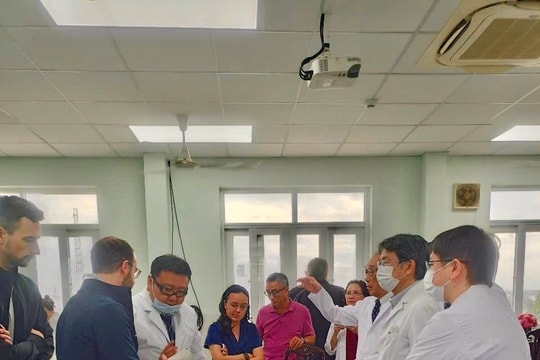
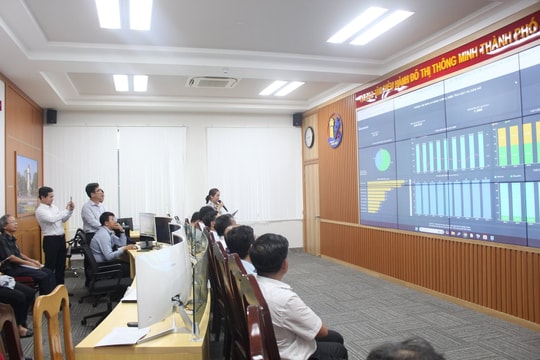
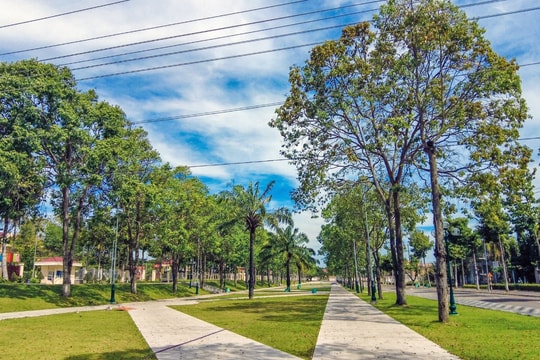


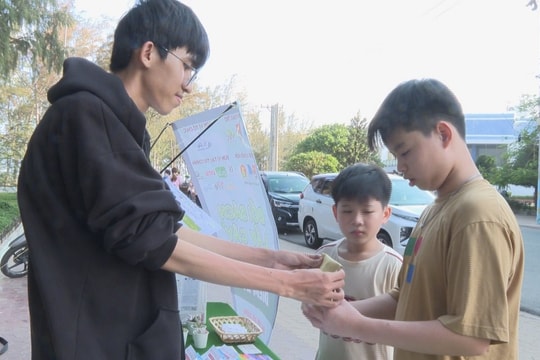


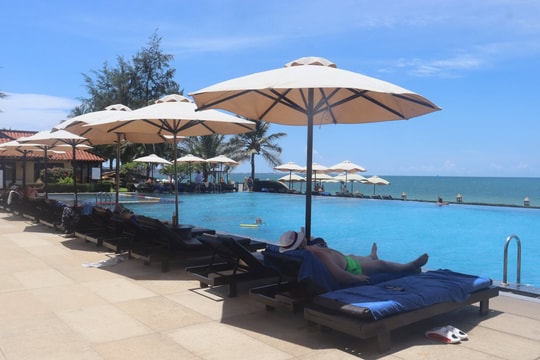










.jpg)


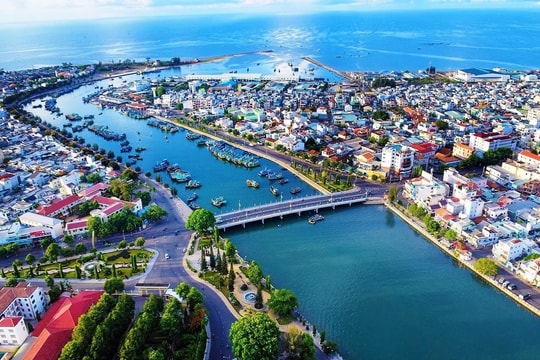


.jpeg)

.jpeg)


.jpeg)


